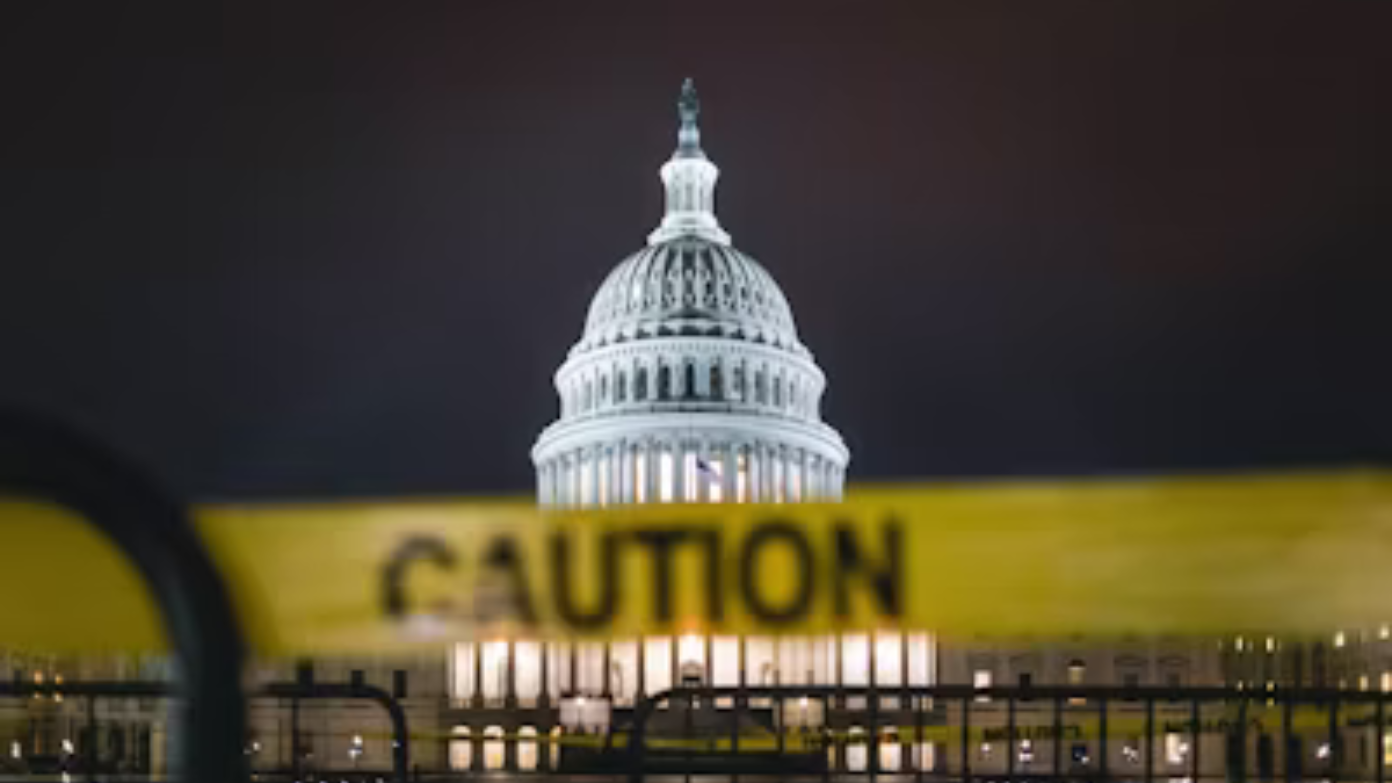When Congress fails to pass spending bills by the close of the fiscal year, the federal government closes down. Basic operations continue, but a variety of other services pause until appropriations are enacted into law. For most Americans, critical benefits such as Social Security will not be interrupted. Understanding which programs remain on track, and why, will allow you to prepare for short-term disruptions while maintaining your peace of mind regarding guaranteed payments.
What causes a government shutdown?
A shutdown occurs when lawmakers don’t approve new budget appropriations or continuing resolutions by September 30 as detailed here with the current looming government shutdown, Dems say healthcare arguments mean they would escape blame for government shutdown. Once spending authority isn’t valid, agencies must close operations that are deemed nonessential. They include national parks, museums, and certain administrative offices. Nonessential personnel are furloughed, placing them on temporary unpaid leave until funding is available again.
Services likely to be disrupted
During a funding gap, some government activities stop or slow down:
- National parks and monuments can be closed to the public.
- Visa and passport processing can be delayed.
- Many regulatory and oversight activities stop, such as routine inspections.
- Research in public health and new awards of grants can be suspended.
Although such interruptions can affect day-to-day life for some, they do not cover core benefit programs that are operated through independent funding streams.
Why most benefits remain uninterrupted
Large benefit programs are financed by dedicated trust funds or mandatory spending that Congress authorizes independent of the annual budget process. Social Security, Medicare, and federal pensions are prime examples of mandatory programs. They are financed by payroll taxes and trust fund reserves rather than annual appropriations bills. For that reason, benefit checks do not depend on the discretionary spending process that a shutdown triggers.
Social Security has two major income supports:
- Supplemental Security Income (SSI): A needs-based program for disabled, blind, and low-income elderly individuals.
- Social Security Disability Insurance (SSDI): An insurance program funded by worker payroll taxes that pays benefits to disabled workers and their families.
Both programs pay monthly by check or electronic transfer. During a funding gap, the payments remain on schedule because they are paid from trust funds generated under prior legislation.
Impact on Social Security payments
A shutdown beginning September 30 would not delay SSI or SSDI benefit checks. The Social Security Administration (SSA) is self-funded and continues operations necessary to process and pay benefits. Direct deposit payments are triggered via the U.S. Treasury, which can perform mandatory payments regardless of appropriations status.
Beneficiaries will see no change to their receive dates. Individuals who are normally scheduled to receive checks on the first, second, third, or fourth Wednesday of the month will continue to see deposits on those dates. Paper checks however will no longer be mailed as from September 30, 2025 also stated here, How to sign up for Social Security electronic payments before September 30? Here are two ways to start receiving your checks digitally instead of on paper. So, it would be good for Social Security beneficiaries to begin signing up to receive their checks digitally.
Possible administrative delays
Although the release of payments is not impacted, certain support activities can lag:
- Customer service centers: Toll-free numbers might operate with skeleton staff, leading to delayed wait times.
- Local field offices: In-person visits for new claims, appeals, and inquiries might have limited availability if furlough rules apply to staff not directly involved in the disbursement of payments.
- New application processing: While current beneficiaries will receive checks, processing of new applications for SSI or SSDI submitted may be delayed until appropriations are reinstated.
These administrative backlogs can delay decision timelines for eligibility and benefit determinations, yet monthly benefits will not be interrupted for individuals currently enrolled.
Strategies for beneficiaries
To minimize inconvenience in the event of a shutdown:
1. Enroll in Direct Deposit: Mail disruptions can’t hinder electronic payments.
2. Access online accounts: SSA’s online and mobile tools remain accessible for benefit statements and letter requests, though response times may be uneven.
3. Plan for service delays: If you need to initiate a new claim or file paperwork, file early or utilize online submission sites.
4. Stay informed: Keep an eye on reliable news sources and the SSA’s official channels for updates on furlough impacts and reopening dates.
A September 30 government shutdown would halt most public services but not Social Security benefit payments. SSI and SSDI payments enjoy mandatory funding and trust funds safeguarding them, so beneficiaries will still receive monthly payments in a timely manner. Although administrative operations and customer service may be briefly curtailed, the critical financial lifeline of Social Security remains uninterrupted until appropriations are restarted.

